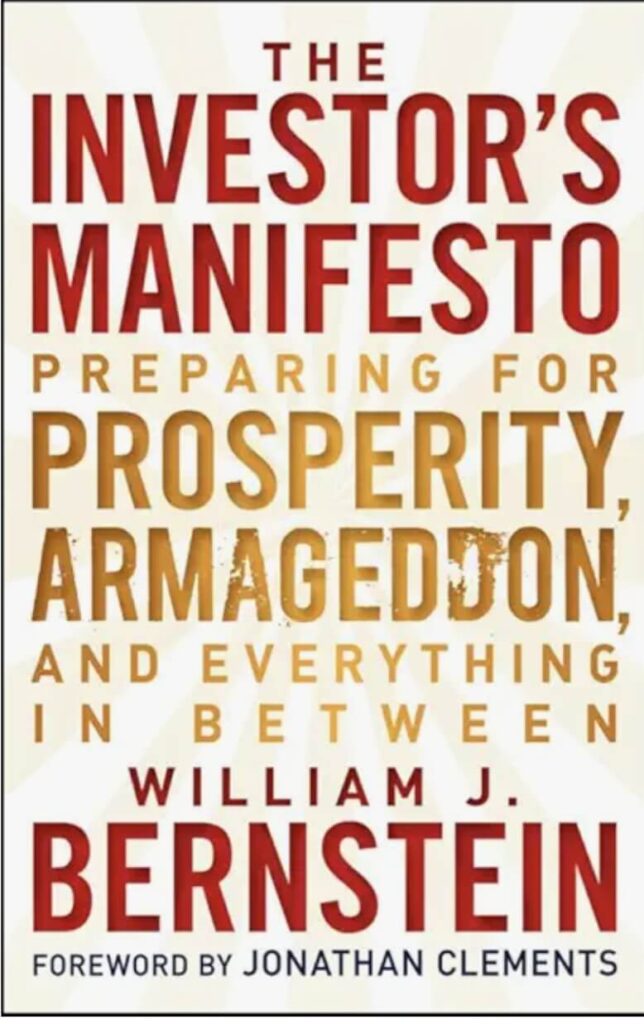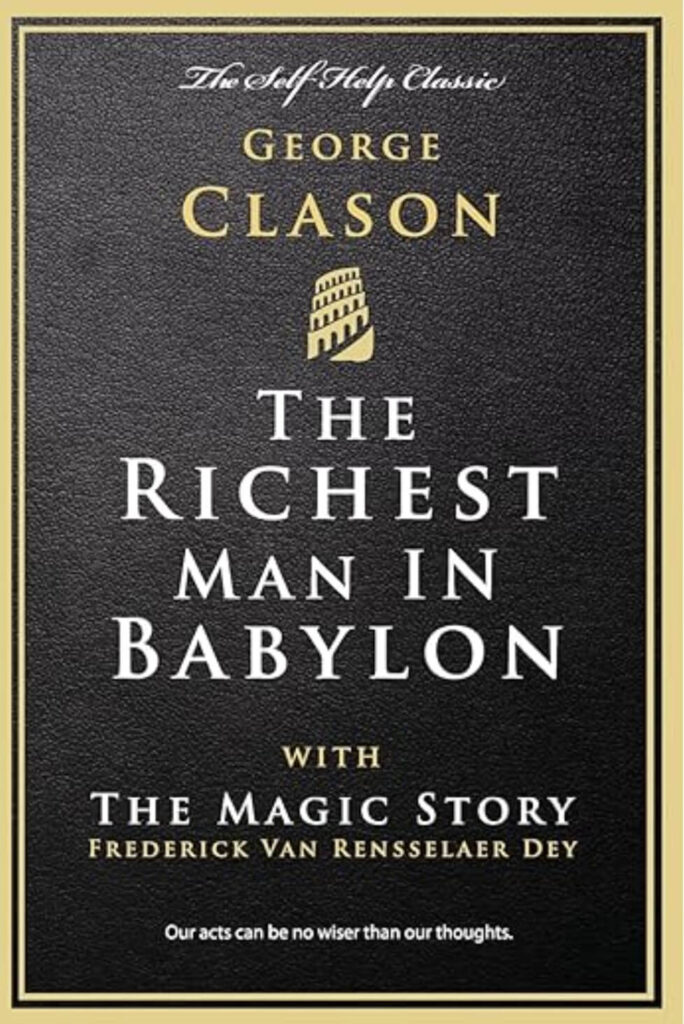If you’re a DIY investor diving into stocks, ETFs, or crypto, you’ve probably spent hours learning technical analysis, following market trends, or trying to decode macroeconomic forecasts. But what if you’re missing something deeper — the “why” behind how our economy works? Enter Talking to My Daughter About the Economy, Yanis Varoufakis’s slim but powerful attempt to answer big questions in plain language.
Originally written as a series of letters to his teenage daughter, this book is far from a simplistic primer. It’s a sweeping, story-driven exploration of capitalism, inequality, debt, and financial power. And for DIY investors, it offers something traditional investment books often leave out: context.
💡 Why This Book Matters to Investors
Most investing advice focuses on strategy: diversify your portfolio, time the market, pick good assets. But Varoufakis encourages readers to ask bigger questions: Why do markets even exist? Who sets the rules? Why is inequality rising, and what role do investors play in shaping that reality?
Understanding these forces won’t give you hot stock tips — but it will make you a more thoughtful, grounded investor. One who doesn’t just chase returns, but understands the system you’re participating in.
📚 What the Book Covers
Varoufakis begins with a simple premise: the economy isn’t a machine or a natural law. It’s a story — one humans built together. From that starting point, he walks through the key chapters of economic history:
⦁ How barter gave way to money and markets
⦁ Why capitalism emerged from feudalism
⦁ The role of debt in shaping human relationships
⦁ How industrialization and banking changed everything
⦁ Why inequality isn’t an accident, but a structural feature
These topics might sound abstract, but Varoufakis explains them with warmth, wit, and relatable analogies — including science fiction, ancient myths, and personal anecdotes.
📈 Key Insights for DIY Investors
⦁ Capitalism is a Narrative with Winners and Losers
Varoufakis argues that markets aren’t neutral. They reflect the power dynamics of the societies they arise from. For DIY investors, this means recognizing that your investment decisions exist within a bigger ecosystem — one shaped by policy, history, and inequality. Are you investing in companies that extract value or create it? Are your gains dependent on exploitative practices? These are uncomfortable but necessary questions.
⦁ Debt Is Power, Not Just Leverage
We often think of debt in mechanical terms — interest rates, repayment schedules. But Varoufakis frames debt as a social relationship. Who owes whom, and why? For investors, this perspective sheds light on sovereign debt crises, credit cycles, and why certain financial instruments (like bonds or mortgages) carry not just risk, but ethical implications.
⦁ Markets Are Not Rational — They’re Emotional and Political
Like Robert Shiller’s Irrational Exuberance, Varoufakis underscores how economic outcomes are often driven by belief, fear, and power — not pure logic. For investors, this validates the experience of volatility and sentiment-driven swings. It also reinforces the importance of skepticism toward so-called “market fundamentals.”
⦁ Technology Doesn’t Eliminate Labor — It Redefines It
A recurring theme is how automation, artificial intelligence, and tech platforms are changing work. For investors, this means thinking critically about where future value will come from — and who benefits when labor is displaced. Will you invest in platforms that automate jobs, or companies that invest in worker well-being?
👨👧 The Format: Conversations, Not Lectures
Written as if explaining to a curious teen, the tone is conversational, not condescending. Varoufakis doesn’t rely on data dumps or dense jargon. Instead, he offers metaphors — capitalism as a monster that feeds on labor and debt, or money as a beautiful illusion we’ve all agreed to believe in.
For DIY investors who are used to reading spreadsheets and analyst reports, this shift in tone is refreshing. It reminds you that behind every number is a person, a policy, a decision.
📉 Limitations — and Why They Don’t Matter
Let’s be clear: this is not a technical guide to investing. You won’t find portfolio allocation tips, valuation models, or tax strategies here. Some readers may find Varoufakis’s arguments too sweeping, or his political views too left-leaning.
But that’s beside the point. This book doesn’t aim to replace The Intelligent Investor or your brokerage research tools. It aims to round them out — to help you understand the terrain you’re investing in.
🌍 Why It’s Timely
In a post-COVID world facing inflation, climate risk, and growing inequality, investors are increasingly asking: What kind of economy are we enabling with our money? ESG investing, stakeholder capitalism, and financial activism are on the rise — and Talking to My Daughter provides the philosophical foundation for this shift.
It challenges the reader to stop seeing investing as a game of personal gain and start seeing it as a vote — one that shapes companies, communities, and the future of capitalism itself.
💬 What Other Readers Say
“Eye-opening and accessible.” — Many reviews highlight how the book makes big ideas digestible without dumbing them down.
“A crash course in real economics.” — Readers praise its clarity, especially for those who’ve felt alienated by traditional econ books.
“Should be required reading in schools — and maybe in brokerage apps too.”
✅ Why DIY Investors Should Read This Book
⦁ It offers economic literacy that goes beyond supply and demand curves.
⦁ It makes you a more socially and politically aware investor.
⦁ It helps you understand long-term economic shifts affecting your portfolio.
⦁ It encourages you to think ethically about wealth, risk, and opportunity.
📈 Final Verdict: ★★★★★ (5/5)
Talking to My Daughter About the Economy is a thoughtful, beautifully written, and surprisingly practical book for anyone who wants to understand the why behind the numbers. For DIY investors, it’s a wake-up call — not to stop investing, but to start thinking more deeply about what your investments mean.
It won’t tell you which stock to buy. But it might help you decide what kind of investor you want to be.
Read it with a highlighter. Talk about it with your kids. And then, revisit your portfolio with a renewed sense of purpose.




